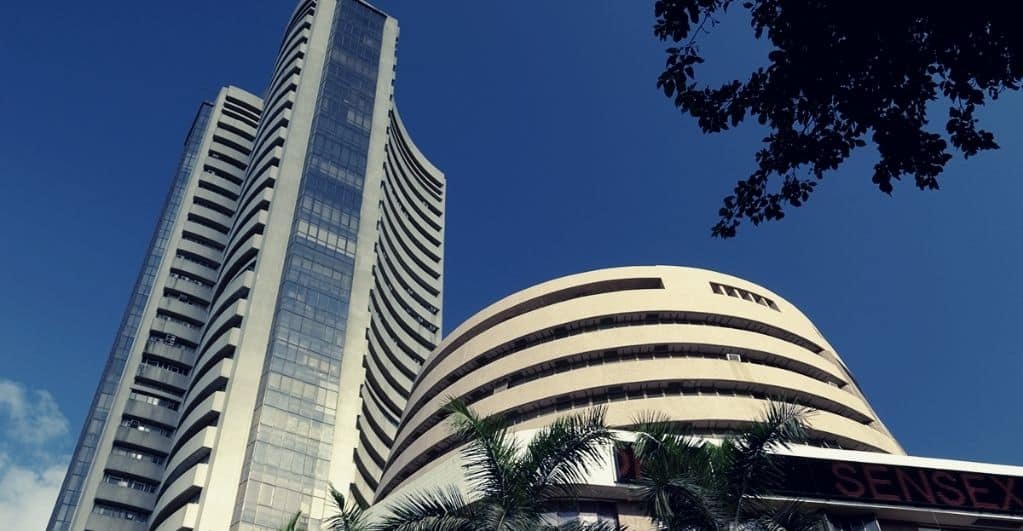Going by PMIs, both the manufacturing and service sectors have shown slight movement in Asian countries. Covid 19 pandemic led to severe stress on the procurement and production sectors disrupting the supply chain.
Japan Stock index stands at +1.16 on Monday
- Japan Jibun Manufacturing PMI for August came at 52.7 (vs. expectations prelim 52.4, prior 53.0)
- Material shortages proved detrimental to the production and orders as per the manufacturers.
China Caixin Markit PMI for August is at 49.2 (vs. expectations prelim 50.2, prior 50.3)
- Covid -19 affected the new orders and export orders adversely, in turn showing a negative result in supply and demand.
- There has been pressure on the job market due to movement restrictions seen during the pandemic. For the first time in five months, the sub-index for the job market fell into the contrary territory.
- According to the statistics bureau, China’s official PMI for August came at 50.1
Hong Kong index stands at +0.62%
- Australia index is at -0.34%. But the Australian Q2 GDP was at +0.7% compared to 0.5% prior,1.8% forecast.
- Australia Markit Manufacturing PMI for August came at 52.0(vs. prelim 51.7, prior 56.9)
- With the lockdown in Sydney set to stretch into the last quarter of the year, the government hopes are pinned on increasing vaccination rates to ease travel restrictions and set the market right.
- Dow Jones came to 35,360.73 by shedding 39.11 points. Dow Jones index is at +0.25%
- Nasdaq showed a very slight dip and reached 15,259.24. Nasdaq is at +0.20%
- S&P 500 dipped by 0.13% to 4,522.68. S&P500 is at +0.25%
- Just ahead of the OPEC+ meeting, oil prices surged higher. Brent crude futures rose to $72.11/barrel, up by 0.67%. U.S crude futures rose to $69/barrel, up by 0.73%



